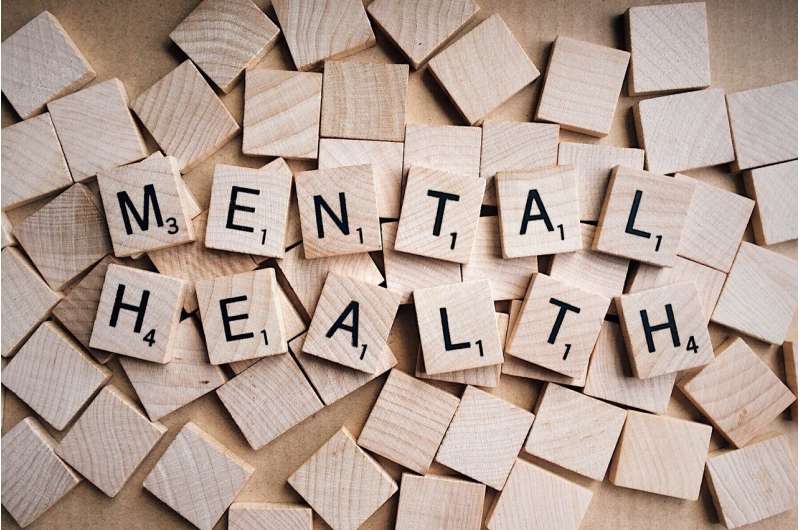Study Reveals Chatbots Are Perceived as More Judgmental Than Human Psychologists

A new study reveals that AI chatbots in mental health care are perceived as more judgmental than human providers, highlighting the need for enhanced emotional understanding in AI technology.
Recent research from Temple University highlights an intriguing paradox in mental health support technology. While many believe that AI-powered chatbots could reduce stigma and encourage more individuals to seek help, a series of experiments suggest otherwise. The study, led by Associate Professor Sezgin Ayabakan, explored perceptions of judgmentalness in AI mental health agents versus human providers.
The researchers conducted four lab experiments involving over 1,100 participants, where individuals watched videos of simulated conversations between clients and either AI chatbots or human therapists. Participants were told whether the agent was a machine or a person, but both behaved identically. Surprisingly, results showed that people deemed AI agents as being more judgmental than their human counterparts, despite no behavioral differences.
To delve deeper, the team conducted 41 interviews to understand why individuals felt judged by chatbots. Findings indicated that people attribute lower emotional intelligence to AI agents, perceiving them as lacking empathy, compassion, and the ability to understand social cues. Participants believed that chatbots could not offer the human connection necessary for effective mental health support.
Ayabakan explains, "People feel that chatbots cannot deliver that human touch or the emotional understanding required in mental health care. They associate judgment and emotional perception more with human providers."
This research underscores the importance of perceived empathy and emotional intelligence in mental health technology. It suggests that despite advances, AI chatbots may still be viewed as limited in offering the non-judgmental support that many seek in mental health care. Future developments could focus on improving the social and emotional capabilities of AI to better meet users' needs. For more details, visit source.
Stay Updated with Mia's Feed
Get the latest health & wellness insights delivered straight to your inbox.
Related Articles
New Insights into the Amygdala's Role in Linking Unrelated Events in Decision-Making
Discover how the amygdala plays a vital role in linking unrelated stimuli and influencing decision-making. New research uncovers neural circuits involved in forming indirect associations, with implications for mental health treatment.
Designed Gardens Enhance Relaxation through Eye Movement Patterns, Study Shows
Discover how meticulously designed Japanese gardens can promote relaxation and reduce stress by guiding eye movements, offering potential therapeutic benefits for mental well-being.



